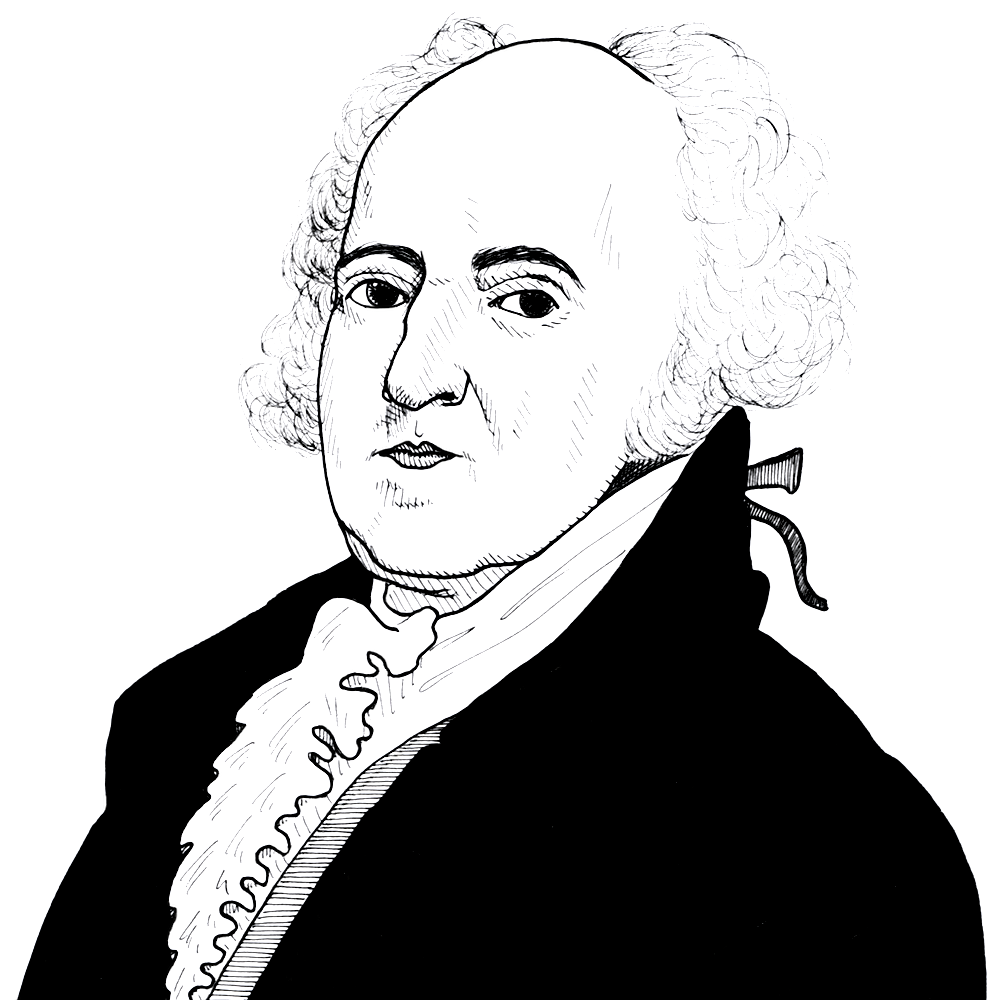
John Adams argues that the British Empire is not a “true” empire but a form of a “republic” where the rule of law operates (1763)
Found in: Revolutionary Writings
John Adams, in Novanglus No. VII (1763), argues that because the British monarch was limited by the rule of law Britain was more like a republic than an empire. A true empire, he asserted, is a despotism bound by no law or limitation
Law
[T]he British constitution is much more like a republic than an empire. They define a republic to be a government of laws, and not of men. If this definition be just, the British constitution is nothing more nor less than a republic, in which the king is first magistrate. This office being hereditary, and being possessed of such ample and splendid prerogatives, is no objection to the government’s being a republic, as long as it is bound by fixed laws, which the people have a voice in making, and a right to defend. An empire is a despotism, and an emperor a despot, bound by no law or limitation but his own will; it is a stretch of tyranny beyond absolute monarchy.